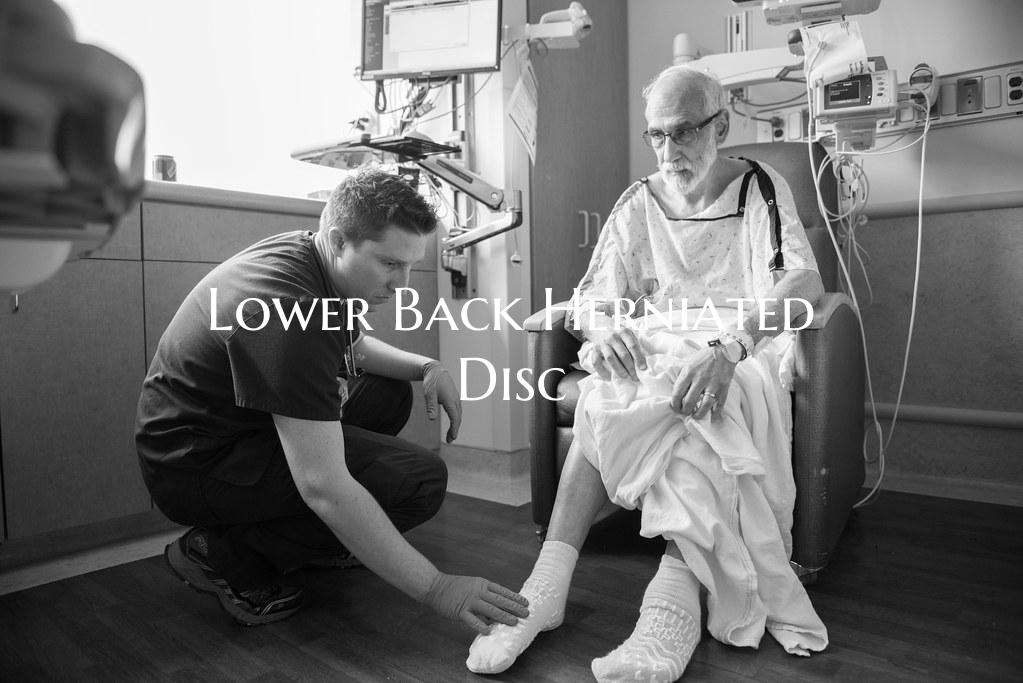
Lower Back Herniated Disc
A herniated disc in the lower back can cause significant pain and discomfort, impacting one's daily activities and quality of life. Also known as a slipped or ruptured disc, this condition occurs when the soft inner core of a spinal disc leaks out through a tear in the tough outer layer. The displaced disc material can press on nearby nerves, leading to symptoms such as sharp shooting pain, numbness, tingling, and weakness in the lower back, buttocks, and legs.
Diagnosis of a herniated disc often involves a physical examination, medical history review, and imaging tests like MRI or CT scans. Once diagnosed, treatment options may vary depending on the severity of symptoms and individual circumstances.
Management of a lower back herniated disc typically involves a combination of conservative therapies and lifestyle modifications. These may include:
1. Rest and Activity Modification: Avoiding activities that worsen symptoms and incorporating periods of rest can help reduce inflammation and allow the body to heal.
2. Physical Therapy: Targeted exercises and stretches prescribed by a physical therapist can help strengthen the muscles supporting the spine, improve flexibility, and alleviate pain.
3. Pain Management: Over-the-counter pain medications, prescription drugs, or epidural steroid injections may be recommended to manage pain and inflammation.
4. Hot and Cold Therapy: Applying heat or cold packs to the affected area can help alleviate discomfort and reduce muscle spasms.
5. Lifestyle Adjustments: Maintaining a healthy weight, practicing good posture, and avoiding activities that strain the back can help prevent exacerbation of symptoms.
In cases where conservative treatments fail to provide relief or if there is severe nerve compression causing significant weakness or loss of function, surgery may be considered. Surgical options for a herniated disc in the lower back include discectomy, laminectomy, or spinal fusion, depending on the specific needs of the patient.
It is essential to consult with a healthcare provider to develop an appropriate treatment plan tailored to the individual's condition and preferences. With proper management and care, many individuals with a lower back herniated disc can experience improvement in symptoms and regain function over time.